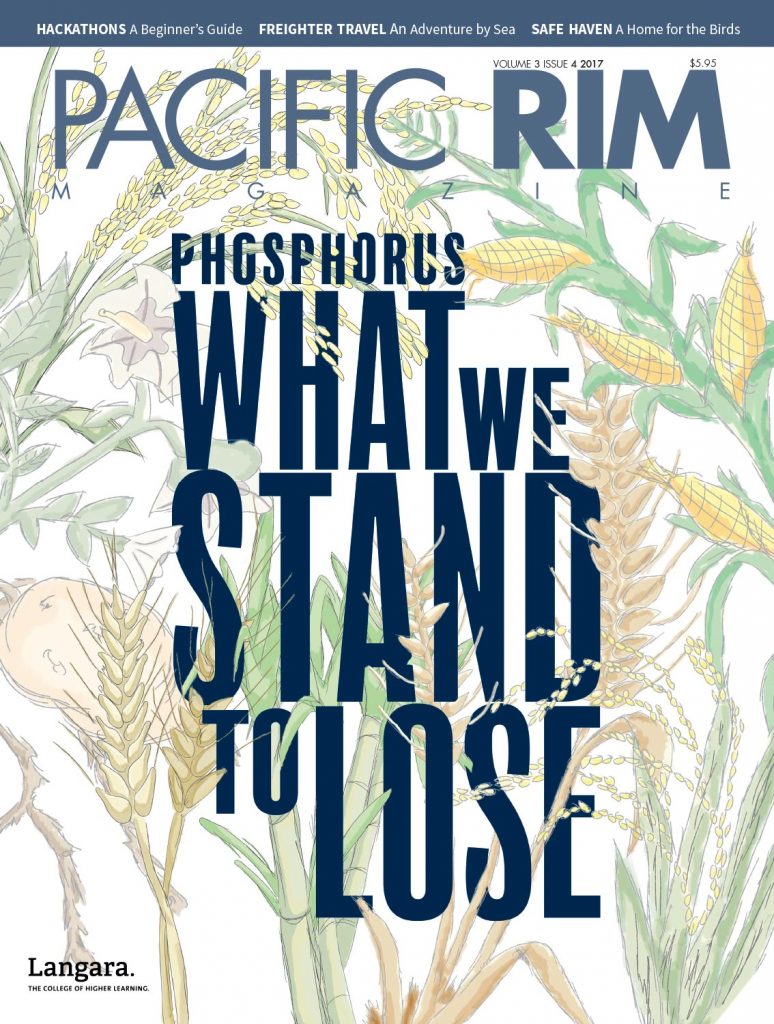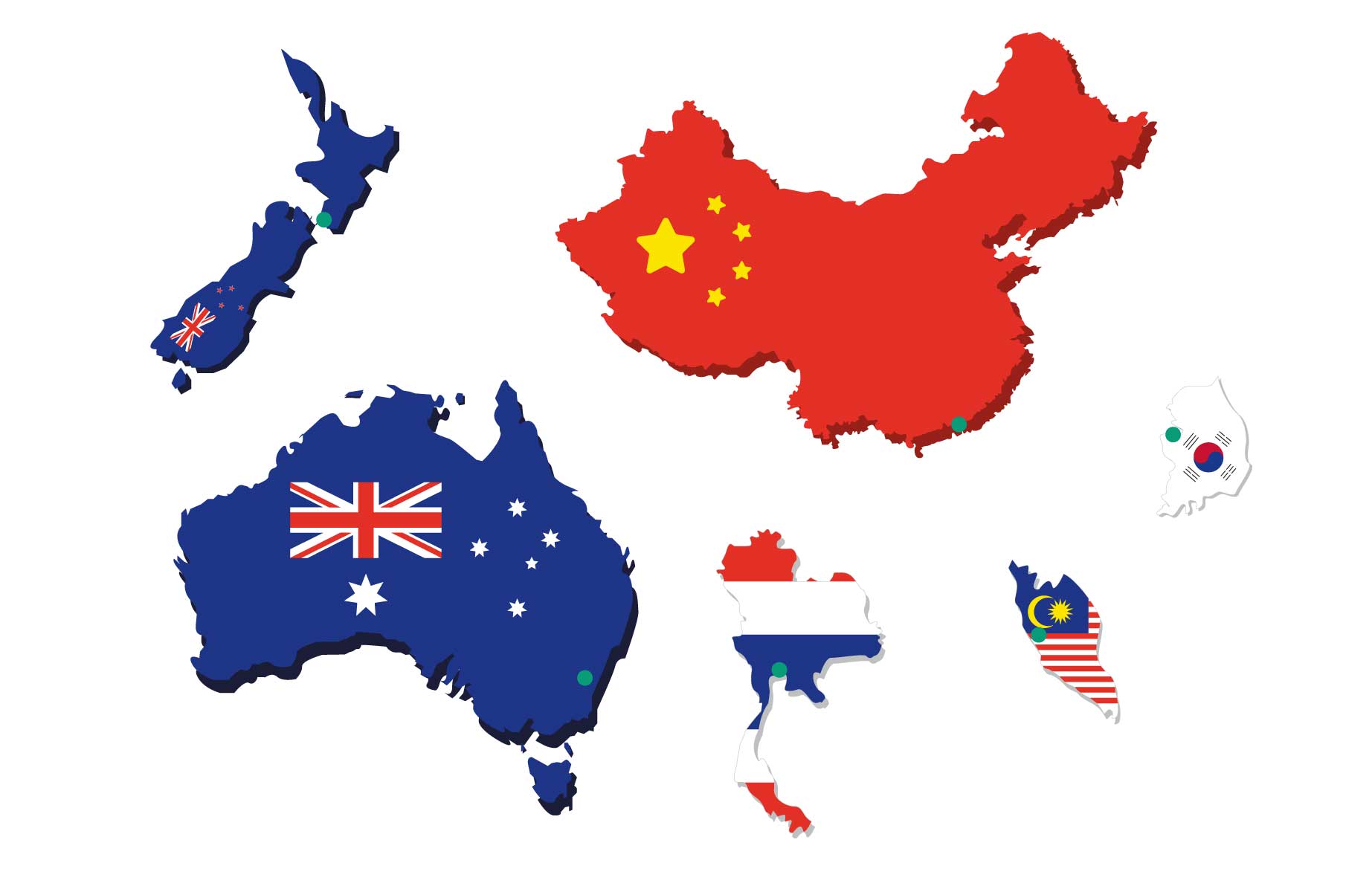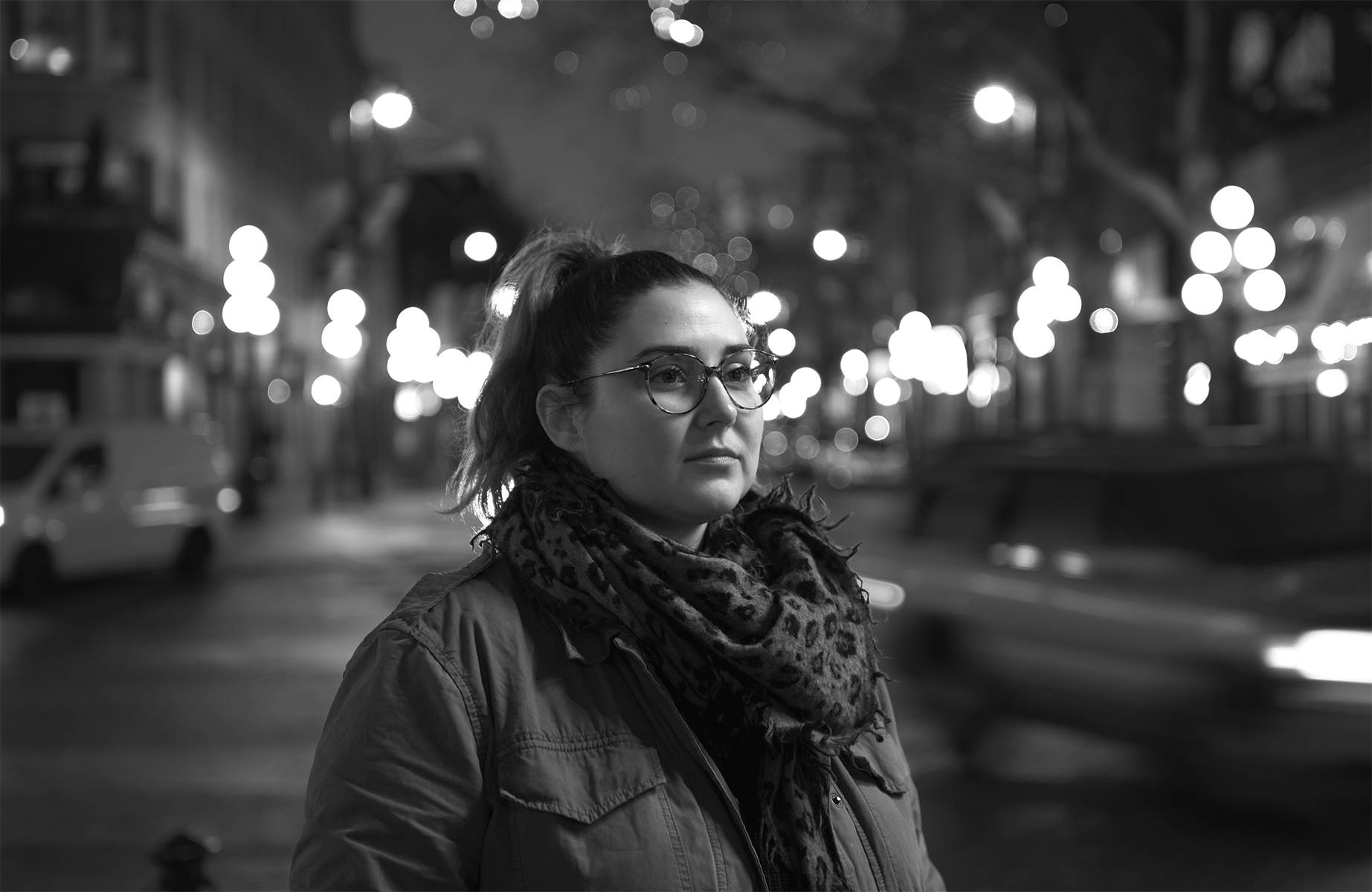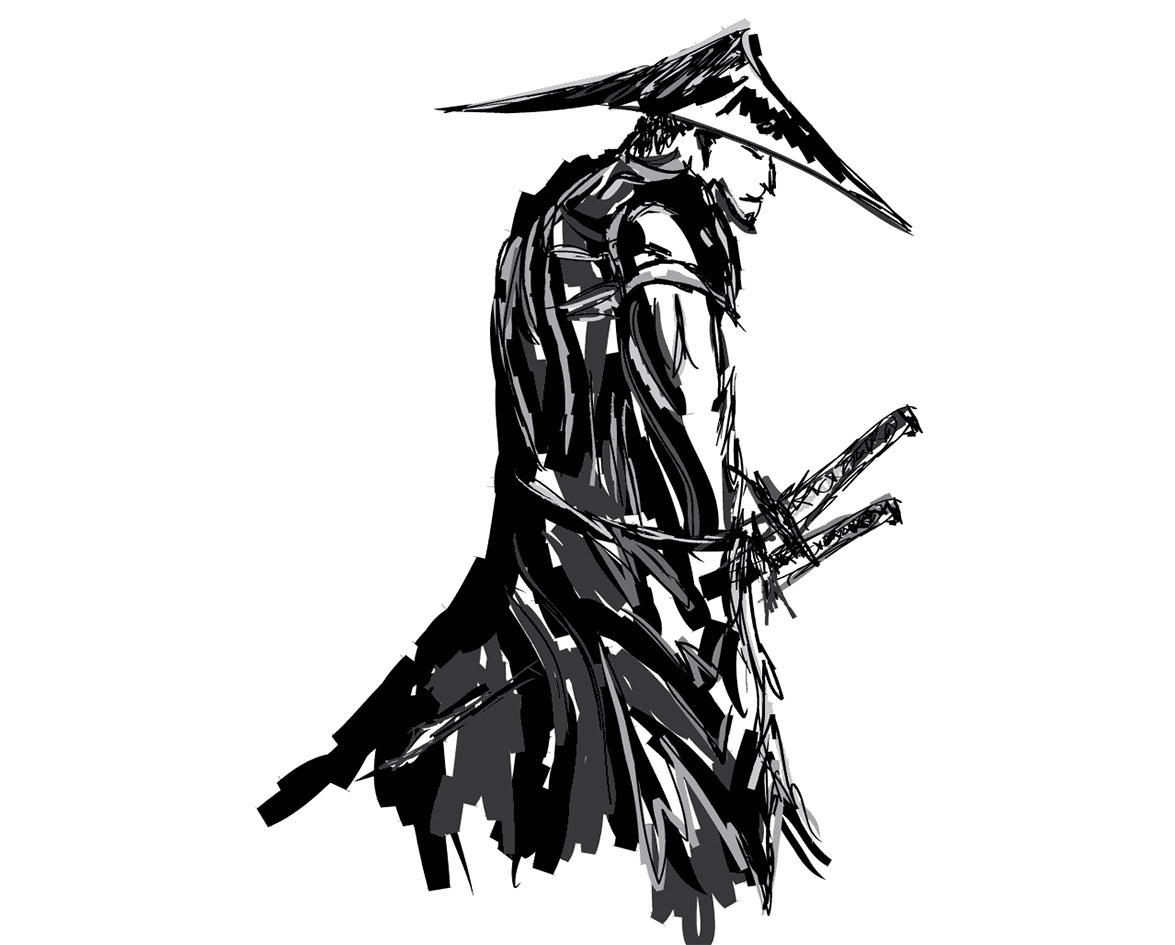1906
The Story of the Kelly Gang, the first Australian feature film, is released.
1912
The oldest production company in Japan, Nikkatsu, launches as the Japan Cinematograph Company.
1923
Night photography is used effectively in Japan in Ningenku (Human Suffering).
1929
Frank Borzage’s Street Angel, a silent film played alongside music, is screened at the Paramount Theatre in Wellington.
1932-1937
Sound was gradually introduced into Japanese features. The new technology was opposed by the benshi; performers who would stand by the screen and narrate the action.
1939
Canada’s National Film Board (NFB) launches.
1941
The NFB production Churchill’s Island is both the first Canadian film and the first documentary to win an Academy Award.
1954
The Australian National Film Board produces The Queen in Australia, the country’s first colour feature.
1954

Shichinin no Samurai (Seven Samurai)
Country: Japan
Director: Kurosawa Akira
Starring: Mifune Toshiro & Shimura Takashi
Kurosawa Akira’s Shichinin no Samurai tells the story of seven roaming samurai warriors who protect a village from bandits in the 16th century. Encyclopedia Britannica says it was the “longest and most expensive” Japanese film at the time of its release, and its worldwide critical success brought Kurosawa’s work to the global stage. Modern Japanese directors like Miyazaki Hayao follow in Kurosawa’s footsteps, telling epic folk tales like Princess Mononoke (1997) and Spirited Away (2001).
1961
Japan’s Mushi Productions animation studio is founded by Osamu Tezuka, a prominent manga artist.
1966-1977
During Mao Zedong’s Cultural Revolution China’s film industry was almost destroyed.
1970
The Australian government successfully boosts the nation’s film industry; according to the Australian government, almost 400 movies were made between 1970 and 1985.
1978
The Beijing Film Academy reopens after a hiatus of over ten years.
1979

Mad Max
Country: Australia
Director: George Miller
Starring: Mel Gibson & Joanne Samuel
In Mad Max’s dystopian future, a cop seeks revenge on a biker gang for murdering his family. The film was part of the government subsidized “renaissance” during the 1970s. Mad Max reached cult classic status around the world, and was followed by Mad Max 2: The Road Warrior in 1981, Mad Max Beyond Thunderdome in 1985, and Mad Max: Fury Road in 2015.
1986
Chinese filmmaker Xie Jin directs Furong zhen (Hibiscus Town), one of several of his films that delve into the ramifications of the Cultural Revolution.
1993
New Zealand actor Sam Neill plays Dr. Alan Grant in Jurassic Park.
1994
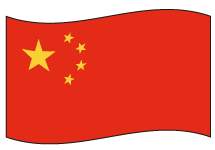
Huozhe (To Live)
Country: China
Director: Zhang Yimou
Starring: Ge You & Gong Li
Huozhe chronicles a young family’s struggle to survive through the 1940s to the 1970s, exploring the effects of communism on family life. The film won the Grand Jury Prize at the Cannes Film Festival, though the Chinese government barred Zhang from going to the ceremony.
2001

Atanarjuat (The Fast Runner)
Country: Canada
Director: Zacharias Kunuk
Starring: Natar Ungalaaq & Sylvia Ivalu
Atanarjuat recounts a millenia-old oral legend of a village disrupted by a curse. The evil son of the tribe leader takes revenge on the protagonist, Atanarjuat, after his betrothed marries Atanarjuat instead. It was the first feature to be acted, directed, and written by Inuit people. Atanarjuat was critically well-received all over the world, winning the Caméra d’Or at the 2001 Cannes Film Festival and Best Canadian Feature Film at the Toronto International Film Festival.
2002
The second installment of New Zealand director Peter Jackson’s Lord of the Rings trilogy, The Two Towers, uses motion capture technology to bring the character Gollum to life.
2011
French-Canadian director Denis Villeneuve’s Incendies, based on a play by Wajdi Mouawad of the same name, is nominated for the Best Foreign Language Film Academy Award.
2015
Australian Director George Miller directs Mad Max: Fury Road, which wins six Academy Awards.
2016
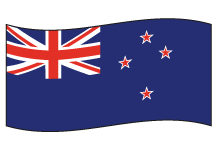
Hunt for the Wilderpeople
Country: New Zealand
Director: Taika Waititi
Starring: Julian Dennison & Sam Neill
Hunt for the Wilderpeople is an offbeat comedy about a grizzled farmer and a teenaged Maori boy running from the law in the New Zealand bush. Based on the novel Wild Pork and Watercress by Barry Crump, Hunt for the Wilderpeople is the highest grossing New Zealand film in the country, according to the New Zealand Film Commission.






